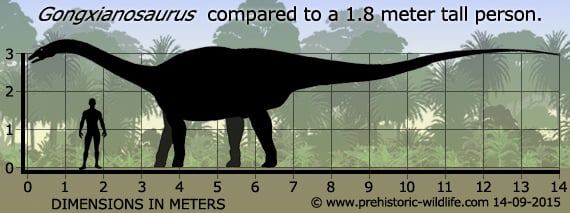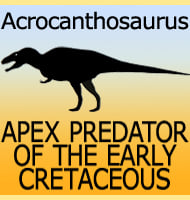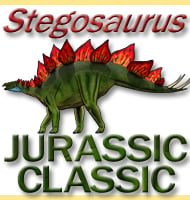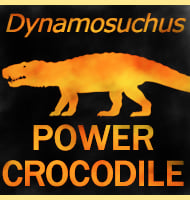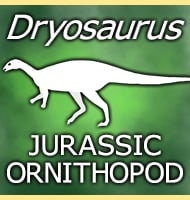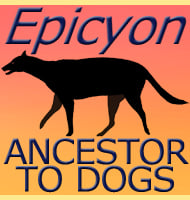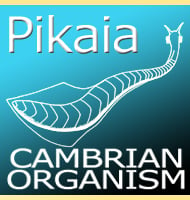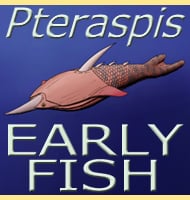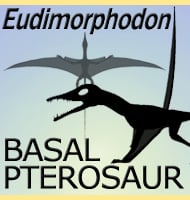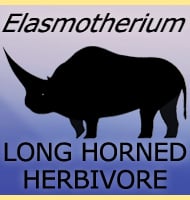In Depth
Gongxianosaurus is a genus of sauropod dinosaur known to have lived in China towards the end of early Jurassic. When compared to other early sauropods, Gongxianosaurus is generally thought to be fairly intermediate in development, being more advanced than genera such as Melanorosaurus and Antetonitrus, but not as advanced as genera such as Vulcanodon and Tazoudasaurus. The presence of sauropodomorph dinosaurs such as Lufengosaurus later in the Jurassic, indicates that early Asian sauropod dinosaurs like Gongxianosaurus did not immediately replace them. Although Gongxianosaurus is known by a few individuals, some of these may actually represent a second species.
Further Reading
- A new species of sauropod from the Early Jurassic of Gongxian Co., Sichuan 18(1):1-6. - X. He, C. Wang, S. Liu, F. Zhou, T. Liu, K. Cai & B. Dai - 1998. - A New Sauropod, Gongxianosaurus, from the Lower Jurassic of Sichuan, China. - Acta Geologica Sinica, English Edition 74 (2): 132–136. - Luo Yaonan & Wang Changsheng - 2000.
